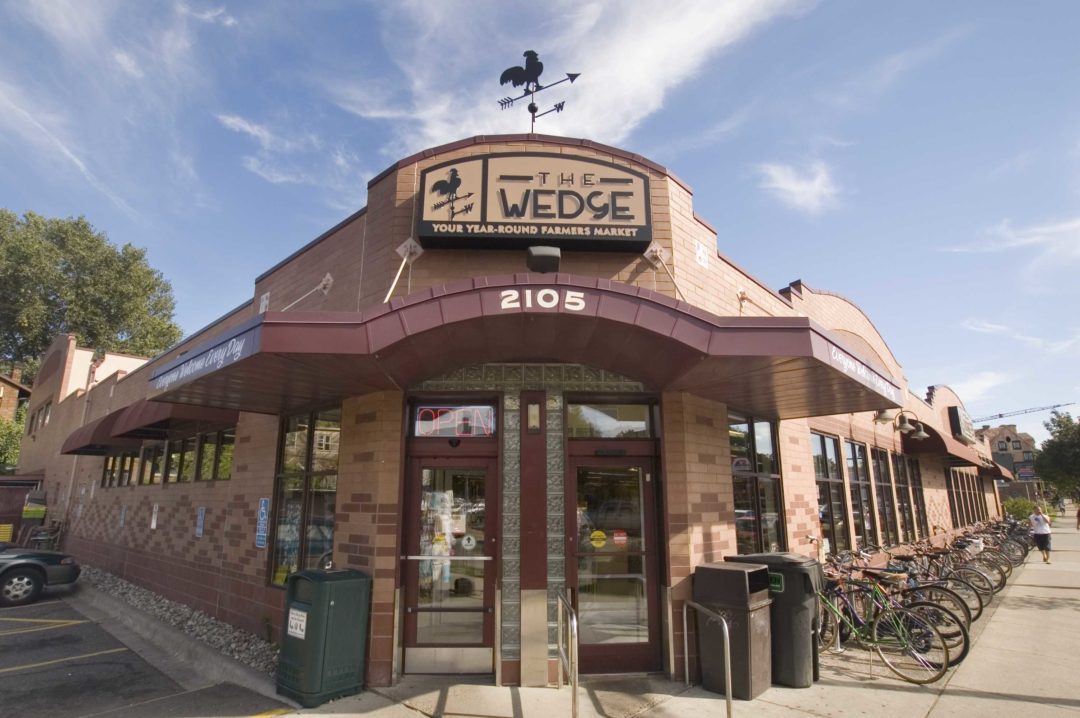Private label products are not an area retailers tend to dabble in lightly. Store brand dietary supplements are often an integral part of the business, and not just a sort of bonus option for customers that can be tacked on to the vitamin department without any planning or forethought. Innovative approaches to private label and a winning strategy are key to the overall health of many stores.
Nowhere is this more true than at Wedge Co-op of Minneapolis, MN. The company works with Vitamer Laboratories as its private label supplier, and according to assistant manager of the Health and Body Care department at Wedge, Kim Carlson, private label is a critical part of the supplements equation. “We hope to continue seeing growth in this important category and are off to a great start already this year,” says Carlson, who is also the store’s private label buyer.
Carlson says that private label constituted 15% of the store’s total supplement sales in 2014, a figure that’s remained steady going back to 2001. Wedge has partnered with Vitamer for over 20 years.
Product selection and price margin are two vital pillars of private label success. Mainstays for Wedge, according to Carlson, include essential fatty acids, minerals, joint health, sleep blends and vitamins B, C and D. “These are supplements that consumers would have recommended to them by their practitioners and there is an enormous amount of research and information available about them,” she says.
Jane Drinkwalter, vice president of sales for Vitamer Labs, Irvine, CA, says her company provides in-depth information to clients to help them find a successful product mix. “First, we want to know your demographics and the brands and products you currently carry,” she says. With that information, Drinkwalter says they can provide a planogram with suggestions for a complete line.
As a maintenance measure, she says her company runs gap reports for current customers that compare their line to a Top 50 best seller list and other regional stores. Certain data points, like whether formulas or single nutrients are selling better, are analyzed. Drinkwalter says Vitamer might suggest a mix of standard products along with unique SKUs, while leaving room for the company’s newest product introductions.
High-volume orders of private label SKUs at competitive prices enable Wedge to pass on savings to its loyal clientele. “Our customers love that their dollars go further with our private label supplements without sacrificing quality,” says Carlson.
Wedge recently underwent a major, yearlong rebranding that trickled down to the presentation of its private label offerings. The store felt a need to upgrade its overall brand identity to compete effectively with the likes of Whole Foods Market, Trader Joe’s, Target, Lunds and Kowalski’s, all of which tout organic and local as a selling point.
“While The Wedge’s brand has significant equity in the Twin Cities, a consistent visual representation as well as a communication strategy needed to be defined,” says Carlson. They looked at the untapped white space around the store and decided to use it to engage in storytelling and branding that they hoped would deepen the connection with their community. These updated store aesthetics have helped “create a more meaningful, navigable and engaging experience for shoppers and members,” she says.
In addition to weaving store brand products into an overall brand identity, private label can be used to enhance other promotional approaches, like loyalty programs. Terri Williams, CCN, owner of Evergreen Nutrition, Eugene, OR, describes her store’s efforts in this area. “The Evergreen Club is our favorite way to promote our private label. At just $10 per year, customers enjoy the benefits of 15% off the Evergreen private label brand every day, and 30% off Evergreen sale prices,” says Williams. Customers also get 2% off everything else in the store, she adds.
This program not only offers a discount to loyal customers, Williams says, it also helps Evergreen sell more private label products, which it also sources from Vitamer. She feels that if a store believes in its private label brand, a low-cost membership program can be a great promotional tool.
Williams says the store has worked hard to promote its private label brand in multiple ways so that customers come to trust it. The store performs regular staff trainings on private label, and posts informational signs next to private label offerings that explain to customers the qualities that make those products stand out.
Ideas like these can come as a result of the partnership between the store and its private label supplier. Drinkwalter says that through experience with accounts large and small, including independents, chains and co-ops, their staff is able to bring forth ideas that can help finesse private label programs and make them successful.
Published in WholeFoods Magazine, June 2015 (online 4/21/15)










